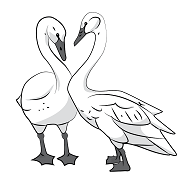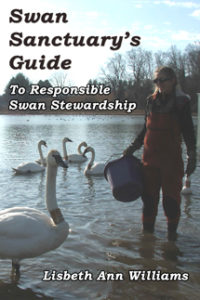Iceland will no longer be issuing whaling permits and current permits will expire at the end of 2023. The International Fund for Animal Welfare, with the help of their slogan, “Meet us – Don’t Eat Us,” says there is no longer a demand for whale meat. Prior to 2003, which ended a 13 year ban on whaling, it had been going on for centuries. In addition to their meat, whale oil was used as lamp fuel. The ban was put in place because of the serious decline in their numbers. The more recent project has encouraged the public to “whale watch” and it has garnered tremendous support from visitors as well as Icelanders.
GreenPeace has also worked hard to help our oceans recover from overfishing. They have compiled a list of 22 species that consumers should avoid purchasing and eating, because they are threatened with extinction. Fishing practices have destabilized oceanic ecosystems and the food chain of fish species. In those fish that are “farmed,” still more problems have ensued caused by the non-sustainable farming methods.
Halibut is a favorite fish of mine and apparently others, but its popularity has left it vulnerable to overfishing for most of the past century. Albacore tuna, a migratory species, has become a regular item in most peoples’ pantries; however, unless the tuna that is purchased has been pole caught, the consumer is unwittingly contributing to the problems being created by longlining methods. This method of capturing the tuna results in other endangered species being caught in the nets along with them. Sea turtles, sharks, and even seabirds are often trapped in the tuna nets. The decline of predatory tuna, also from overfishing, is impacting the entire ecosystem. Pirate (illegal) fishing has exacerbated the problem. Atlantic salmon is becoming extinct in many rivers where it is normally found. Farming salmon is depleting the food that salmon eat. It is creating disease in the salmon, which are treated with herbicides and pesticides, which further compromises the health of the salmon and the surrounding wild species. The dredging of Atlantic sea scallops is destroying the seafloor, corals, and sponges. Thousands of Loggerhead sea turtles are killed in the process. Orange roughy, another popular fish, live up to 149 years old in the wild, but they have been brought dangerously close to extinction.
In short, our oceans are in serious trouble – not only from the millions of pounds of plastics that end up in them – but from our blatant disregard for the life that inhabits them. You can learn more about the endangered fish on the GreenPeace website. It is becoming apparent that we must all begin to look for new ways to satiate our human hunger. We need to consider consciously and carefully, the meals that we create. We do not need large amounts of meat, or fish, in our diets. We need to eat meals with ample, organically grown vegetables and fruits. We need to include other sources of protein, such as mushrooms, to replace meat and fish. We need to question our obsession with taking vitamin supplements, which also put animals and sealife at risk. We must begin to replace our human greed with common sense, if we are to return our oceans, our forests, and our planet to a state of balance.



